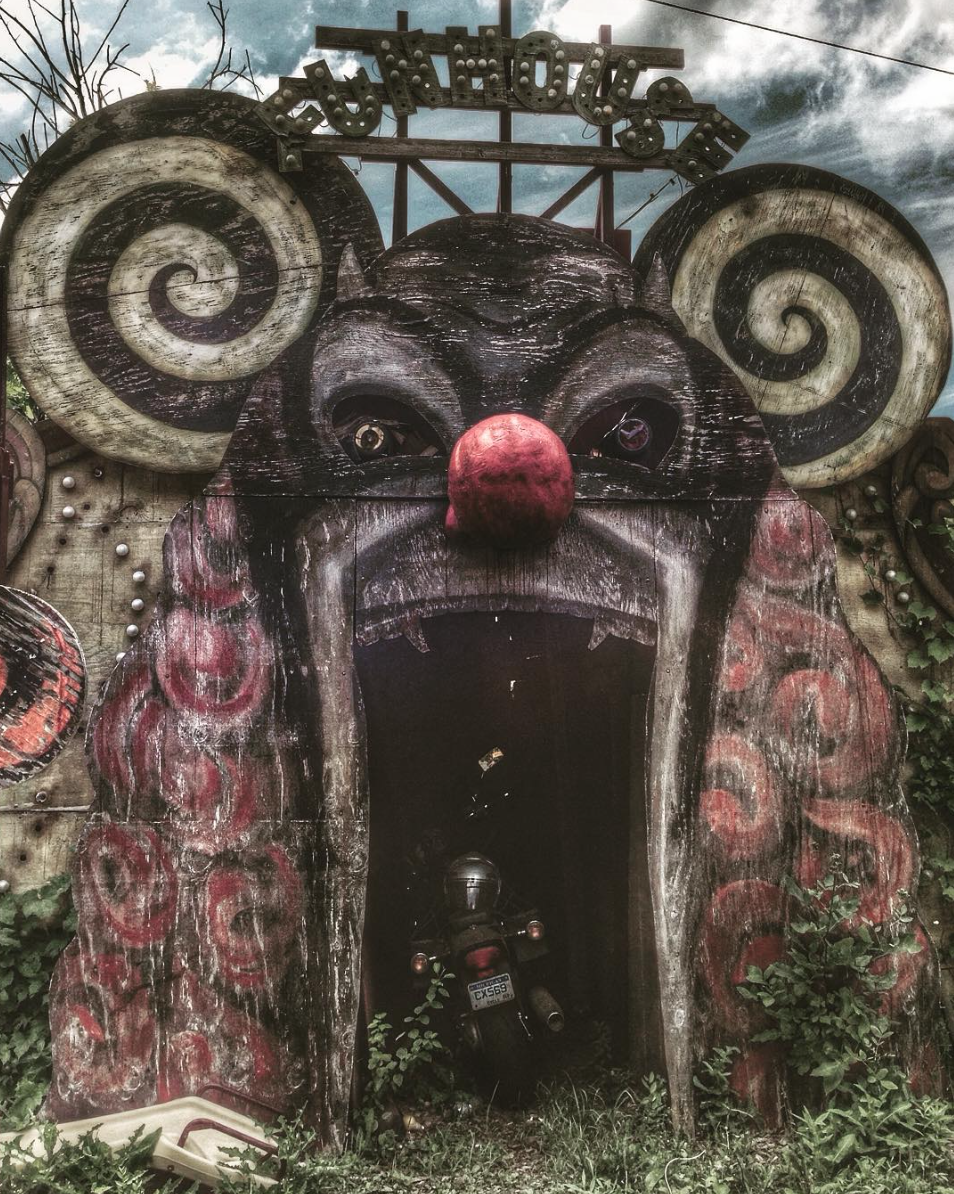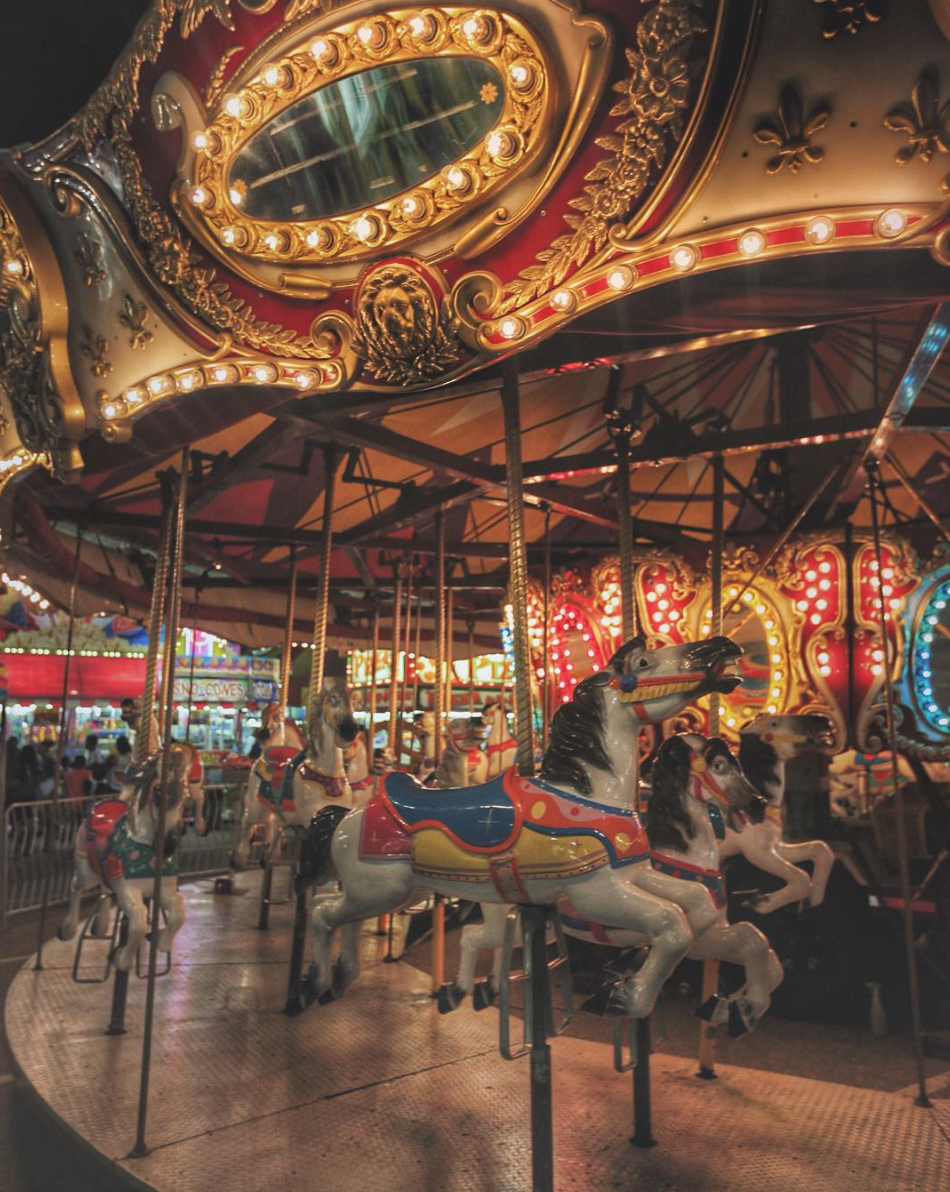By Melissa Marni
There was nothing unusual about the way the coffee was poured. There was nothing unusual in the way it tumbled from the pot, dark as a wicked temper, or in the way the waitress smiled at him, a toothless grin that stretched her bloated, veiny cheeks almost to their breaking point.
She had smiled at him many times before; she had brought him coffee and poured it from the same cloudy pot every morning for as far back as his mind could recall. Maybe since the beginning of time, before the universe congealed and the stars aligned, this rubenesque waitress called Mary stood at some grand counter in the vast nothingness that would one day be the sky, mascara scattered like charcoal snowfall beneath her eyes, and poured her black coffee and smiled her gummy grin.
It was a morning at the diner exactly as it should be. Except today, it felt wrong.
“You OK, Mac?” Mary settled one hand on his shoulder; her fingernails were painted a blinding pink.
“Huh? Oh yeah, I’m fine,” he said, wincing at his lie. She lifted her fingers and Mac thought about why we should have fingers on our hands. Whoever came up with the unearthly idea that the nails growing on these ten extremities needed to be cut down to size?
“Are ya sure? You look a little … pale.”
“Yeah, I’m sure.”
“Alright then.” Mary shrugged and the gesture was pathetically operatic as it shook every inch of her large frame. “More coffee, Harold?”
“No,” answered Harold with a swivel of his chair toward Mac. “It’s a trap, you know.”
“The coffee?” Mac let his gaze fall on Harold, a man he had never seen at the diner before. No person with eyes so light brown they appeared yellow or with a nose so sharp it could only be made to point to well-kept secrets had ever sat at this counter on any morning he could remember. And like the coffee and the waitress’ smile, Harold’s presence seemed entirely wrong.
“Are you stupid?” Harold asked, his voice fire-cracklingly sharp. “Not the coffee! How can coffee be a trap? I guess if it’s this weak …”
“I don’t know what you mean …” Mac heard himself say, if only as a welcome break from his own strange thoughts.
“Then you don’t know what a trap is?” Henry prodded. “It’s what the bad people set down to get everyone else in trouble while they sit back and watch you suffer after it done its deed. Ha! Probably lay ‘em out for the unsuspectin’ as they swallow their horrible coffee, too.”
“I’m aware what a trap is,” Mac said, his words trailing off into his coffee cup. He would’ve taken a sip but he suddenly forgot how a cup worked or why it had that little, looping piece attached to it or why it was needed for him to drink. Couldn’t coffee rain from the heavens and be slurped between his parched lips?
“Well, good you know what a trap is,” said Harold. “Because what you stepped into last night; it was the nastiest of traps I ever seen and you, like an idiot, fell right in.”
Mac couldn’t answer the yellow-eyed man who spoke of traps and what an idiot he was because Mac had no idea what had happened last night. This day at the diner stood alone, a domino block of time with nowhere to be pushed so it might tumble into another and no way to see what came before it or what might come after it, if anything would come after it at all.
“What did I do?”
“Tick, tick, tock, Mac! Tick, tick tock!”
“Did I visit a clock?”
“Think, Mac, moron as you might be, and in time you’ll come to understand.”
This last line came out in lyrical spurts, almost like a verse to a song Mac had once heard before. In time he’d understand?
And then there was no time left.
Mary was by his side, that same bright-pink, fingernailed hand on his shoulder, only this time the fingernails were longer than when they’d first found his body, and now they were growing, growing until his entire back was cupped into the nail of Mary’s gigantic, fuchsia thumb and Mac was launched, feet first, into the very center of Harold’s right eye.
Through the yellow eye Mac went, into a capacious tunnel filled by a swiftly-flowing stream of yesterday’s coffee that bobbed him along, like an autumn apple, until he arrived at the wooden door.
The door was painted with a red, button nose at its center and on either side by swirls of faded flames. Clumps of weeds twined around the wild grass below, and its mouth stood agape, just a big hole in the center of everything, beckoning for someone like Mac to step inside its flat, clapboard face.
The funhouse.
Mac had been here last night with Harold, who told Mac to “join him for some coffee,” while he sat atop an old motorcycle at the funhouse mouth-entrance, half-hidden by the final shadows of a late October day. Mac wouldn’t have known Harold and the motorcycle man were one and the same if not for the startling moment when the man lifted his helmet and Harold watched the brightness shift from one to the other yellow eye.
“The funhouse is the trap,” Mac told no one because here he stood alone.
To Mac’s surprise, someone – maybe Harold, maybe Mary, maybe the woody face before him – replied in hollow whispers that echoed into the coffee-colored dusk, “Yes, but is the funhouse the place you left behind or is it the place you see today?”
[This tiny tale was inspired by photographer Tony Detroit’s fun house photo. Find more of the ethereal and evocatively eery on Tony’s Instagram.]



